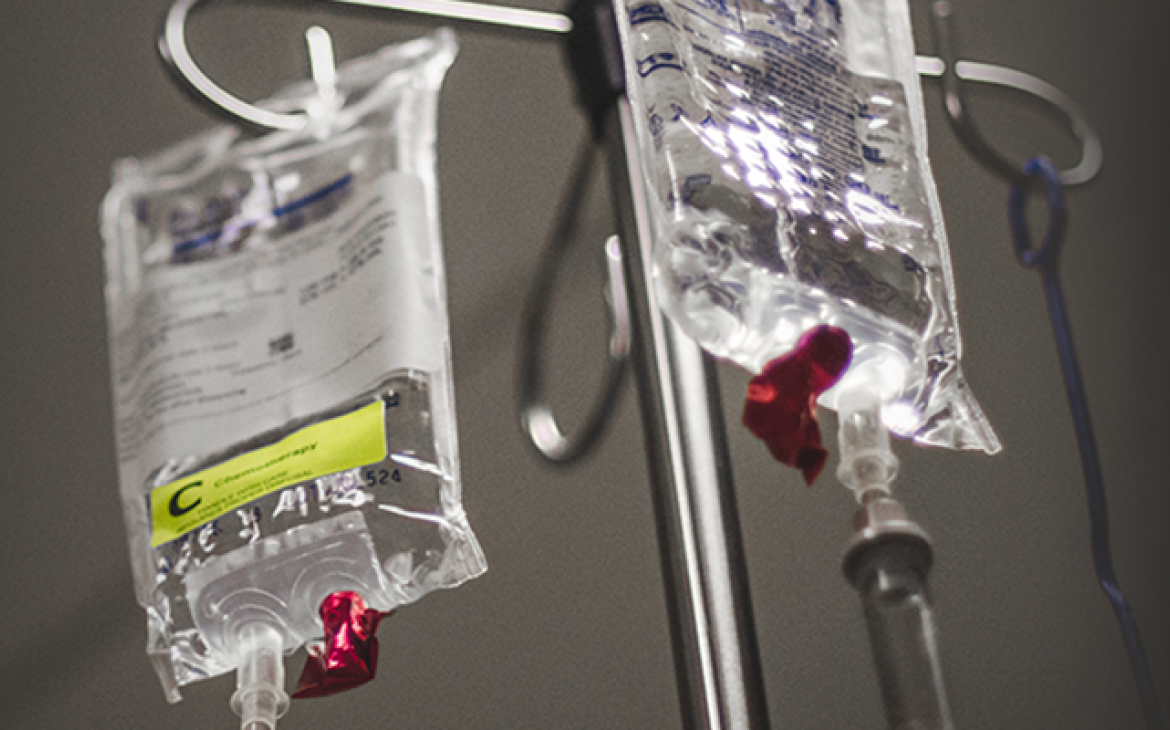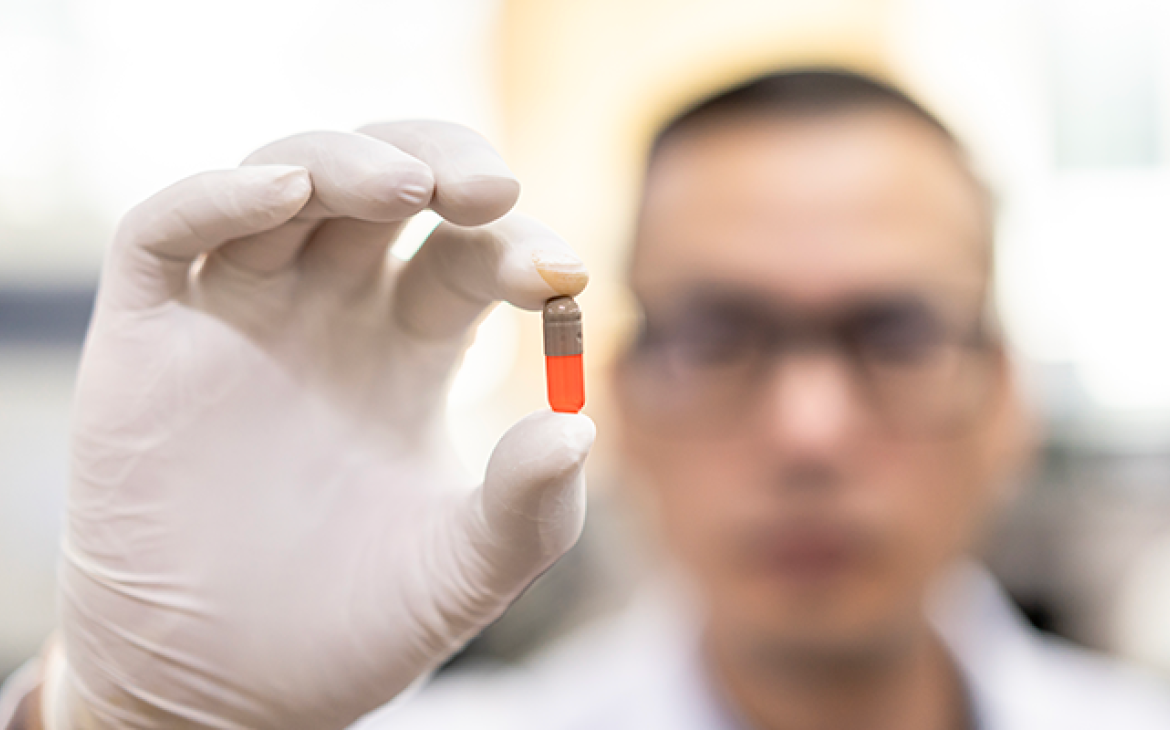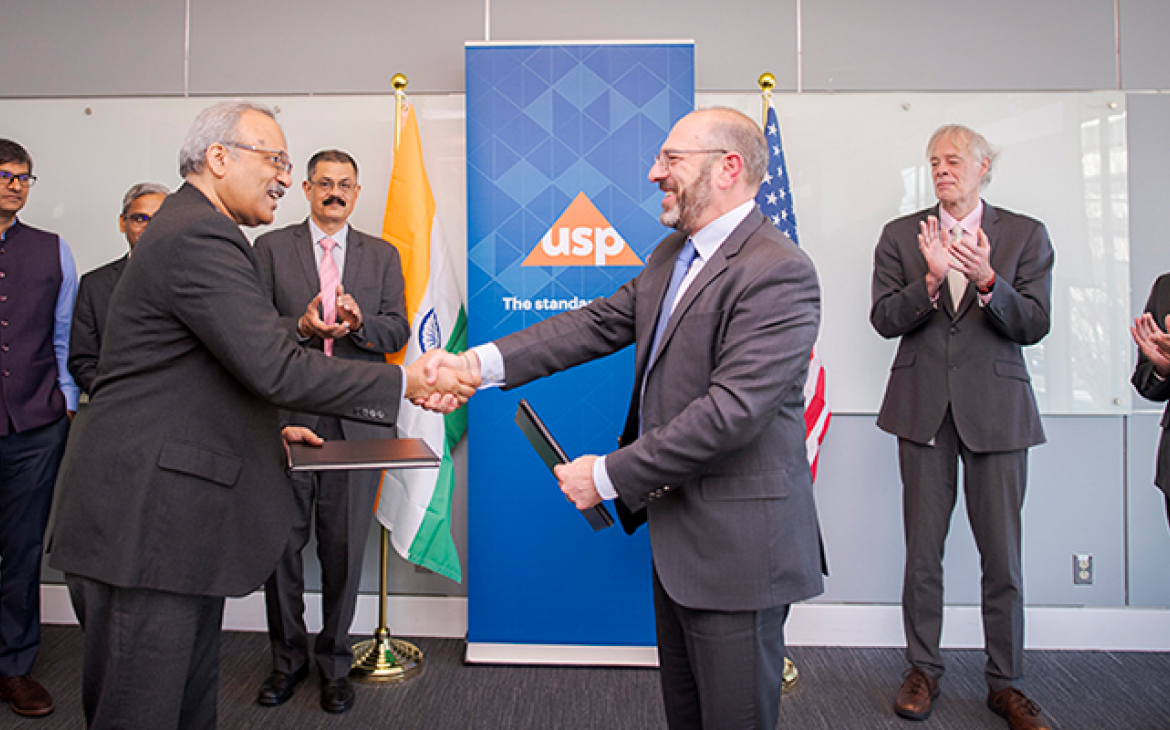
In 2019, the World Health Organization (WHO) declared antimicrobial resistance (AMR) one of the top 10 global public health threats facing humanity. A recent study estimated that 1.27 million people died worldwide in 2019 due to AMR. In the United States alone, more than 2.8 million antibiotic-resistant infections occur each year, resulting in more than 35,000 deaths. While these figures from 2019 are horrifying, the problem of AMR is likely to have become significantly worse with the reportedly massive inappropriate use of antibiotics over the course of the COVID-19 pandemic, along with the likely increase in the prevalence of poor-quality antimicrobials resulting from supply chain quality concerns.
Without an immediate, collaborative global response, AMR could lead to at least 10 million deaths a year by 2050.
A recent editorial in The Lancet stated that “A lot of research has described the problem of AMR, but not enough has been done to study the solutions or how to change the political conversation.” The need to change the conversation and study solutions is exactly why USP’s third installment in our three-part Convention Exchange Series on medicines supply chain resilience focused on strategies to eradicate AMR. The event, “Preserving a Quality Supply of Antimicrobials and Combatting Antimicrobial Resistance,” took place on May 24, 2022.
Recent findings of the USP Medicine Supply Map also show that antimicrobials are at an especially high risk of shortage, with antibacterials being 42% more likely to be in shortage than the average drug product. Moreover, active pharmaceutical ingredient (API) manufacturing is highly concentrated in a few geographies, and antibiotic API quality concerns have been both a source of supply chain vulnerability and an underlying cause of AMR.
As the global community begins to recover from COVID-19, AMR will be an even more urgent issue. One of the clear lessons learned from COVID-19 is pathogens are not restricted by geographic borders and can rapidly travel around the world. As pathogens travel, they can bring with them the ability to cause drug resistance anywhere in the world.
At the May 24th event, representatives from USP’s Convention Member Organizations heard from USP Quality Institute Fellow, Carly Ching, Ph.D., on research showing that AMR can arise when pathogens are exposed to substandard antimicrobials that contain only subtherapeutic levels of their API. According to WHO reports, 1 in 10 medicines in low- and middle-income countries is substandard, and nearly half of those are antimicrobial medicines. Dr. Ching’s research also demonstrates that bacterial pathogens may also become resistant to different classes of antibiotics after substandard antimicrobial use—a troubling finding that suggests that use of a single substandard antibiotic may fuel resistance to multiple antibiotics.
Combating AMR will necessitate working collaboratively on antimicrobial supply challenges, antibiotic shortages and drug quality concerns at every level of government and will rely on shared and effective communication, collaboration, and coordination. USP will help facilitate this effort by harnessing the expertise and networks of national and global stakeholders who comprise the USP Convention and the nearly 1000 scientific experts who volunteer their time to develop quality standards for antimicrobial and other medicines.
At the Convention Exchange Meeting, USP’s Convention Member Organizations also heard from an expert panel who agreed that conservation of existing antimicrobial medicines is a key element to addressing AMR. Our panelists included Kristen Hayes, Director, Clinical Quality, AHA Center for Health Innovation, American Hospital Association; David Hyun, Antibiotic Resistance Project, The Pew Charitable Trusts; Amanda Jezek, Senior Vice President, Public Policy and Government Relations, Infectious Diseases Society of America (IDSA); and Emily Wheeler, Director of Infectious Disease Policy, Biotechnology Innovation Organization.
The speakers also addressed better stewardship as essential in fighting antimicrobial resistance. While proper prescribing guidelines are one approach to preventing overprescribing of antimicrobials which can lead to AMR, holistic stewardship programs that are fully staffed and resourced are also needed. According to 2020 research conducted by Pew and the American Medical Association, 70-80% of antibiotics are prescribed in an outpatient setting, where expansion and adoption of stewardship programs are limited.
The panel discussed IDSA’s recently released updates to the Guidance on the Treatment of Antimicrobial-Resistant Gram-Negative Infections and how these recommendations assist practitioners and patients in making decisions that conserve the supply of quality antimicrobials. The panel also advocated for investments in a robust pipeline of innovative antibiotics and antifungals and legislative proposals to authorize the U.S. federal government to create market incentives for the development of lifesaving, novel antimicrobials.
As we engage in policy dialogue on solutions to AMR, USP is recommending a series of imperatives, including:
- strengthening the resiliency of the global antimicrobial supply chain, including fostering broader geographic distribution (less concentration) and more sources of APIs which are currently highly concentrated in a few locations;
- improving antimicrobial stewardship by addressing over and inappropriate prescribing, improving patient adherence to treatment regimens, and addressing the impact of antimicrobials in the environment;
- building capabilities to reduce the proliferation of poor-quality antimicrobials by strengthening regulatory authorities and surveillance capabilities; and
- incentivizing more research and development into the next generation of antimicrobial drug products.
USP’s 2022 Convention Exchange Series on fostering pharmaceutical supply chain resiliency has been a valuable source of stakeholder dialogue and knowledge sharing. Our plan is to take what we have heard from this session on AMR as well as our two previous events on advanced manufacturing technology and preparedness and issue a follow-up white paper in the coming months. Our goal is to help ensure that as a global community, we can develop sound policies and implement strategies that keep our supply of safe, quality medicines strong.
To receive a copy of the white paper, please contact Amy Sonderman, Director, USP Convention & Stakeholder Engagement, at amy@usp.org.


